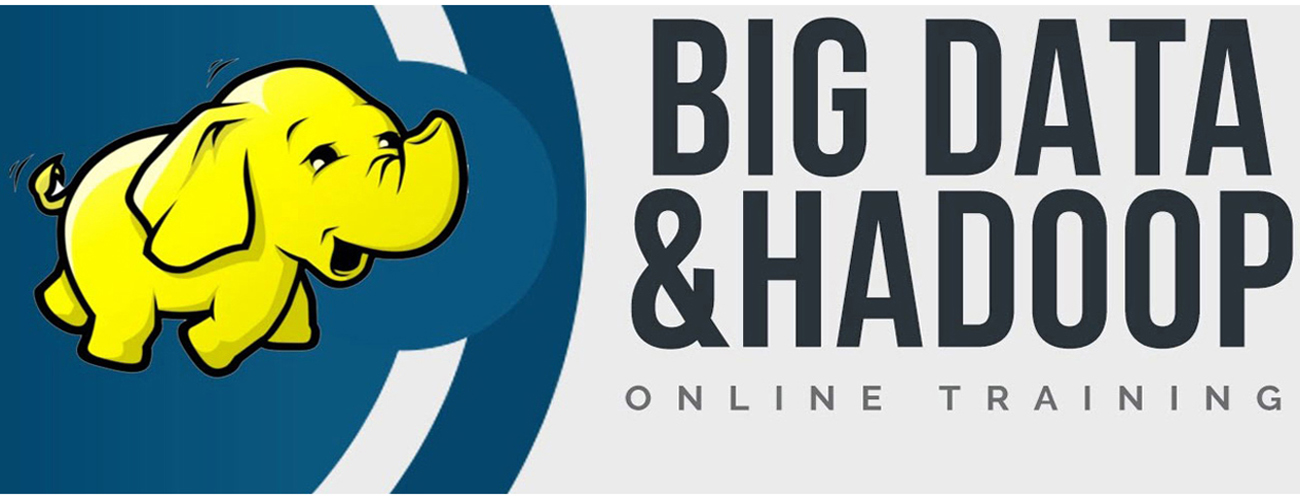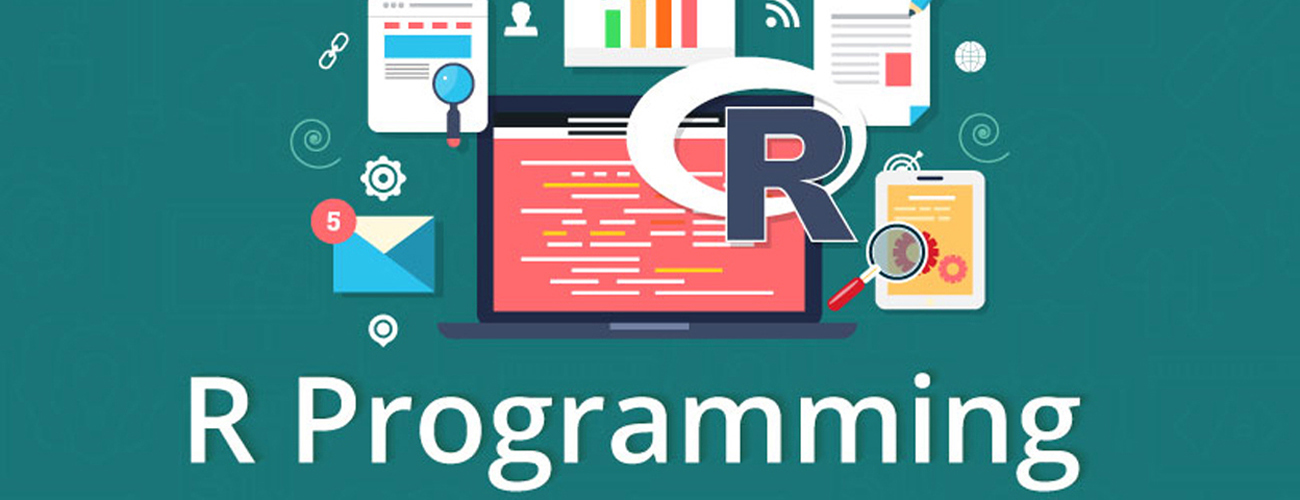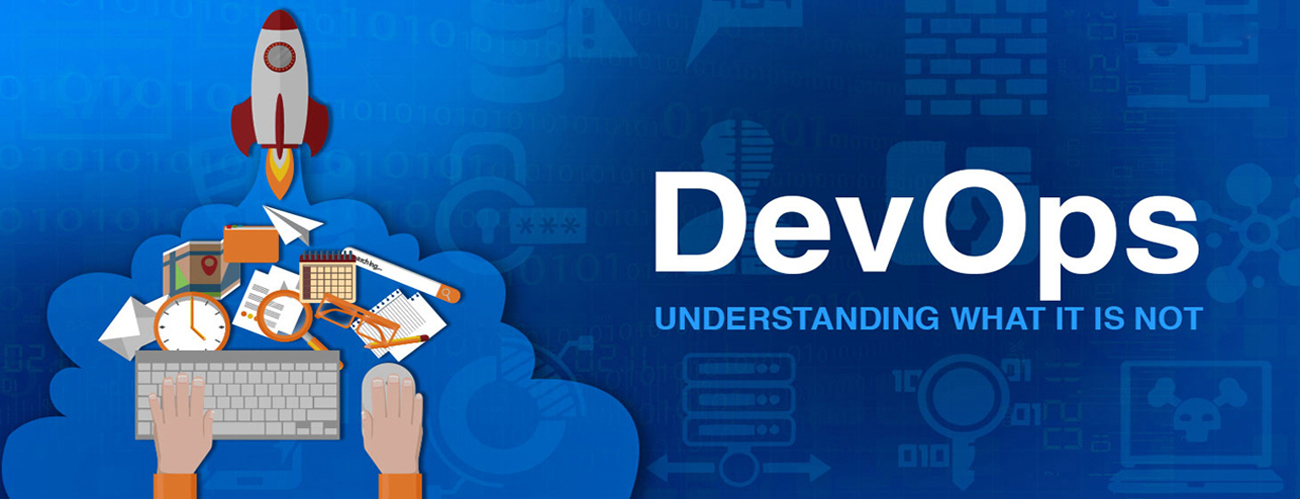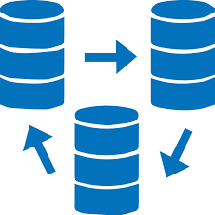Hadoop Administration Certification Training Introduction
What is big data and Apache Hadoop. You will also learn how Hadoop solves the big data problems, about Hadoop cluster architecture, its core components & ecosystem, Hadoop data loading & reading mechanism and role of a Hadoop cluster administrator.
Understanding Big Data and Hadoop
Objective: In this module, you will understand what is big data and Apache Hadoop. You will also learn how Hadoop solves the big data problems, about Hadoop cluster architecture, its core components & ecosystem, Hadoop data loading & reading mechanism and role of a Hadoop cluster administrator.
Topics: Introduction to big data, limitations of existing solutions, Hadoop architecture, Hadoop components and ecosystem, data loading & reading from HDFS, replication rules, rack awareness theory, Hadoop cluster administrator: Roles and responsibilities.
Hadoop Architecture and Cluster setup
Objective: In this module, you will understand different Hadoop components, understand working of HDFS, Hadoop cluster modes, configuration files, and more. You will also understand the Hadoop 1.0 cluster setup and configuration, setting up Hadoop Clients using Hadoop 1.0 and resolve problems simulated from real-time environment.
Topics: Hadoop server roles and their usage, Hadoop installation and initial configuration, deploying Hadoop in a pseudo-distributed mode, deploying a multi-node Hadoop cluster, Installing Hadoop Clients, understanding working of HDFS and resolving simulated problems.
Hadoop cluster Administration & Understanding MapReduce
Objective: In this module you will understand the working of the secondary namenode, working with Hadoop distributed cluster, enabling rack awareness, maintenance mode of Hadoop cluster, adding or removing nodes to your cluster in adhoc and recommended way, understand MapReduce programming model in context of Hadoop administrator and schedulers.
Topics: Understanding secondary namenode, working with Hadoop distributed cluster, Decommissioning or commissioning of nodes, understanding MapReduce, understanding schedulers and enabling them.
Backup, Recovery and Maintenance
Objective: In this module, you will understand day to day cluster administration tasks, balancing data in cluster, protecting data by enabling trash, attempting a manual failover, creating backup within or across clusters, safe guarding your metadata and doing metadata recovery or manual failover of NameNode recovery, learn how to restrict the usage of HDFS in terms of count and volume of data, and more.
Topics: Key admin commands like Balancer, Trash, Import Check Point, Distcp, data backup and recovery, enabling trash, namespace count quota or space quota, manual failover or metadata recovery.
Hadoop 2.0 Cluster: Planning and Management
Objective: In this module, you will gather insights around cluster planning and management, learn about the various aspects one needs to remember while planning a setup of a new cluster, capacity sizing, understanding recommendations and comparing different distributions of Hadoop, understanding workload and usage patterns and some examples from world of big data.
Topics: Planning a Hadoop 2.0 cluster, cluster sizing, hardware, network and software considerations, popular Hadoop distributions, workload and usage patterns, industry recommendations.
Hadoop 2.0 and it's features
Objective: In this module, you will learn more about new features of Hadoop 2.0, HDFS High Availability, YARN framework and job execution flow, MRv2, federation, limitations of Hadoop 1.x and setting up Hadoop 2.0 Cluster setup in pseudo-distributed and distributed mode.
Topics: Limitations of Hadoop 1.x, features of Hadoop 2.0, YARN framework, MRv2, Hadoop high availability and federation, yarn ecosystem and Hadoop 2.0 Cluster setup.
Setting up Hadoop 2.X with High Availability and upgrading Hadoop
Objective: In this module, you will learn to setup Hadoop 2 with high availability, upgrading from v1 to v2, importing data from RDBMS into HDFS, understand why Oozie, Hive and Hbase are used and working of the components.
Topics: Configuring Hadoop 2 with high availability, upgrading to Hadoop 2, working with Sqoop, understanding Oozie, working with Hive, working with Hbase.
Project: Cloudera manager and Cluster setup, Overview on Kerberos
Objective: In this module, you will learn about Cloudera manager to setup Cluster, optimisations of Hadoop/Hbase/Hive performance parameters and understand basics on Kerberos. You will learn to setup Pig to use in local/distributed mode to perform data analytics.
Topics: Cloudera manager and cluster setup,Hive administration, HBase architecture, HBase setup, Hadoop/Hive/Hbase performance optimization, Pig setup and working with grunt, why Kerberos and how it helps.
Online live courses have become extremely popular due to the following reasons:
- Flexibility and convenience of location and time.
- As the course is spread over a few weeks, you get a chance to practice what you have learnt in a session before the following session. This results in much better understanding and learning
- You get 24x7 learning support and access to excellent learning resources, subject materials at one place.
- You can interact and collaborate with the industry experts, instructors, other learners of the course during and after the course
- Access to the sessions recordings – this is important if you miss a session or want to do a quick revision
- Provision of real-time cloud based labs.
On enrollment, each student is given access to a personalized LMS - Learning Management System. This features your class recordings, presentations, assignments, installation guides, data-sets, quizzes, forums and project documents.
This LMS access is for life-time.
We have a 24/7 support team featuring expert professionals with at least 3 years of experience in the specific technology. In addition to this, they're also given soft-skills training to ensure the best possible experience for you.
The support team is accessible via phone, email, live chat & video-calls. Please note, this is a lifetime facility. Even after course completion you can access the support facilities.
We are only happy, if you are happy. If you have any reason to doubt the content, delivery & expertise of our program, you are eligible for a 100% refund within 7 days of enrollment.
Your payment only comes into our accounts after 7 days, thus ensuring that your refund will be immediately processed.
If you enroll for 2 or more courses at once; your refund policy only stands till the completion of the first course.
We offer 100% placement assistance to its learners who are open to new job opportunities:
- We have collaborated with many companies who give us their hiring requirements
- These hiring partners also have access to the profiles of the learners who are looking for career opportunities, to initiate a contact with them
- Learnests will also send you a curated list of job postings that come up on various websites pertaining to your field of interest.
Note: Learnests offers placement assistance to every learner who wishes to look at career opportunities. However, we do not offer any job guarantee.
During this course; you will be provided with 5 live industry grade projects. Each project will feature data-sets, use-cases & guides from the following industries:
- Finance
- Healthcare
- Social Media
- Entertainment
- Retail
It will take you an average of 10 hours to complete each project.
Each student will be given a certification of course completion only after they finish the classes as well as their projects. The grade will be based on their performance as judged by the instructor. This certificate is recognized by all our corporate partners.















